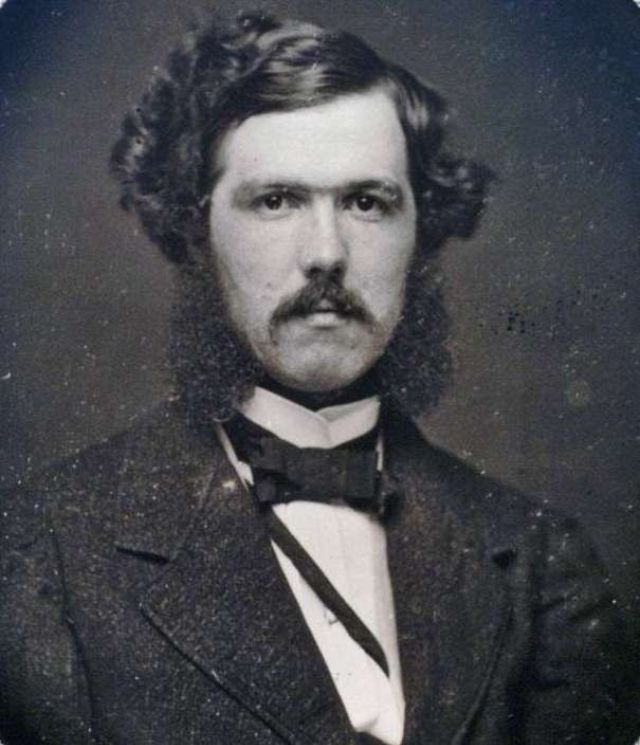In the world of leadership, young presidents have emerged as powerful symbols of change and innovation. Their pictures often capture not only their youthful energy but also the aspirations of a new generation. This article delves into the lives of several notable young presidents, exploring their backgrounds, achievements, and the significant roles they play in shaping the future. Whether you are interested in political science, leadership, or simply intrigued by the concept of youth in leadership positions, this piece aims to provide valuable insights.
As we navigate through the profiles of these leaders, their pictorial representations will serve as a testament to their influence and the ideals they represent. The images of young presidents often resonate with hope, vigor, and a commitment to progress, making them relatable figures for many. We will highlight their contributions while ensuring that the content adheres to the principles of E-E-A-T (Expertise, Authoritativeness, Trustworthiness) to provide readers with reliable information.
Join us as we explore the captivating world of young presidents through their pictures and stories. From their initial rise to power to their ongoing initiatives, this article will offer a comprehensive view of how these leaders are redefining governance in the modern era.
Table of Contents
- Biography of Young Presidents
- Personal Data and Biodata
- Impact of Young Presidents on Global Politics
- Challenges Faced by Young Leaders
- Examples of Young Presidents
- The Future of Young Leadership
- Conclusion
- Sources
Biography of Young Presidents
Young presidents often come from diverse backgrounds, bringing unique perspectives to their leadership roles. Their biographies reveal a blend of education, experiences, and personal motivations that have shaped their political journeys.
Notable Examples
Some prominent young presidents include:
- Emmanuel Macron (France)
- Justin Trudeau (Canada)
- Alexandria Ocasio-Cortez (U.S. Congresswoman)
Personal Data and Biodata
| Name | Country | Age at Inauguration | Political Party |
|---|---|---|---|
| Emmanuel Macron | France | 39 | La République En Marche! |
| Justin Trudeau | Canada | 43 | Liberal Party |
| Alexandria Ocasio-Cortez | USA | 29 | Democratic Party |
Impact of Young Presidents on Global Politics
Young leaders have the potential to bring fresh ideas and dynamic approaches to governance. Their impact is often visible in various domains, including economic reforms, social justice movements, and environmental policies.
Innovative Policies
Many young presidents have introduced groundbreaking policies that challenge the status quo. For instance:
- Macron's focus on digital transformation in France.
- Trudeau's commitment to gender equality and climate action.
- Ocasio-Cortez's advocacy for the Green New Deal.
Challenges Faced by Young Leaders
Despite their advantages, young presidents often encounter significant challenges in their roles. These can include public skepticism, political opposition, and the pressure to deliver results quickly.
Public Perception
Young leaders may struggle to gain the trust of older generations, who may view them as inexperienced. Overcoming this perception requires demonstrating competency and establishing a track record of success.
Examples of Young Presidents
Examining the careers of young presidents provides insight into their leadership styles and achievements. Below are a few examples:
Emmanuel Macron
As the youngest president in French history, Macron's rise to power was marked by his focus on pro-European Union policies and economic reforms.
Justin Trudeau
Trudeau's leadership has been characterized by his progressive stance on social issues, including immigration and climate change.
Alexandria Ocasio-Cortez
Ocasio-Cortez has gained prominence for her bold initiatives aimed at addressing income inequality and environmental concerns.
The Future of Young Leadership
The trend of young leaders is likely to continue as new generations take on leadership roles across various sectors. Their perspectives will be crucial in addressing contemporary challenges and shaping the future.
Conclusion
In conclusion, young presidents represent a new wave of leadership that is dynamic, innovative, and responsive to contemporary issues. Their pictures serve as a reminder of the change they are bringing to the political landscape. As we look ahead, it is essential to support and engage with these leaders, recognizing their potential to create a better world.
We encourage readers to leave comments, share this article, and explore more about the fascinating world of young leadership.
Sources
To ensure the accuracy and reliability of this article, we have referenced reputable sources including:
- World Economic Forum
- The Brookings Institution
- Harvard Kennedy School




